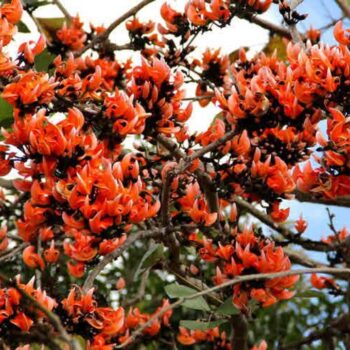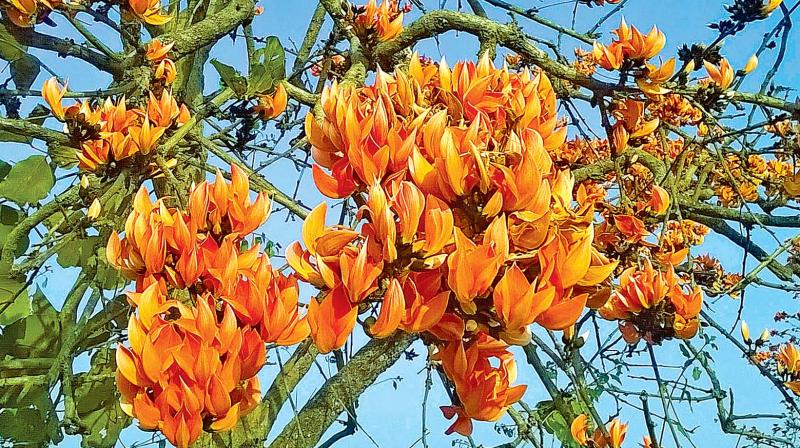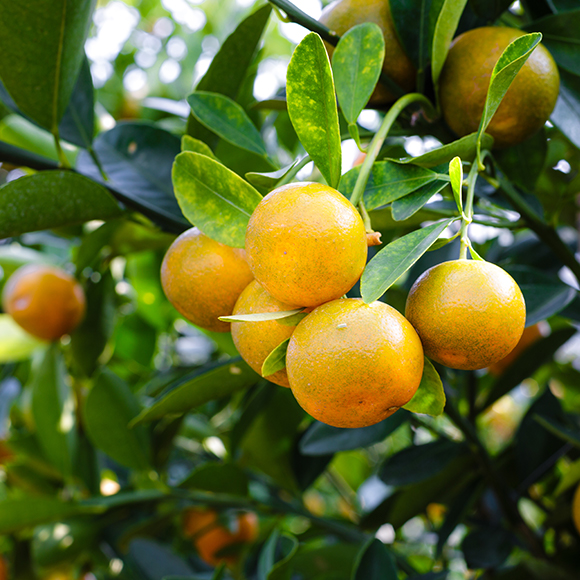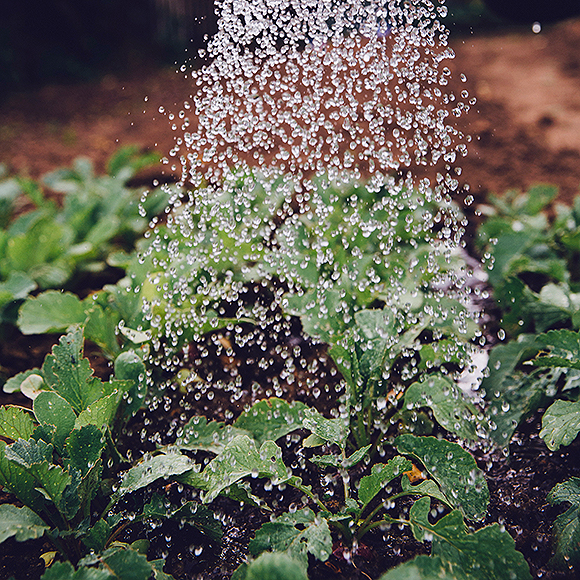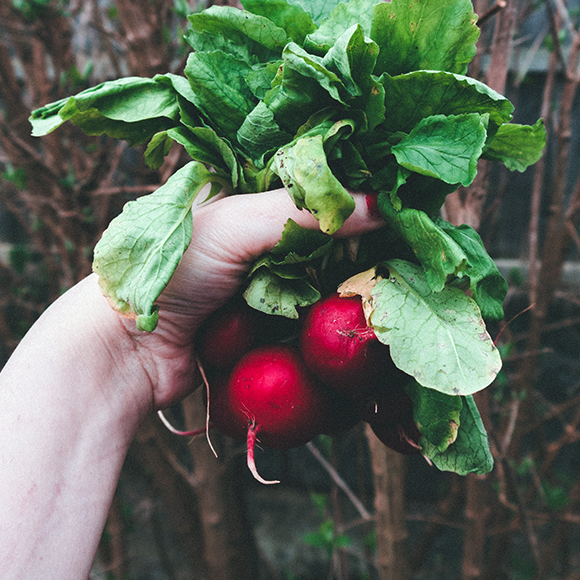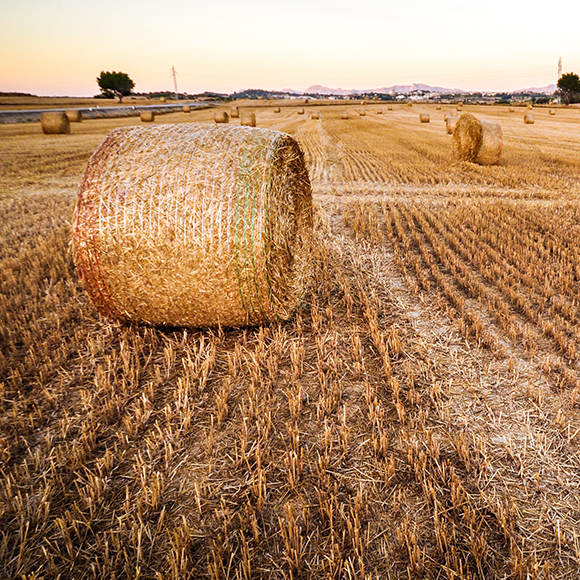Passiflora Edulis

Botanical Name
Passiflora edulis

Common Name
Passion Fruit
| Telugu | Krishna Phalam |
| Tamil | |
| Kannada | Gadiyaarada hoo |
| Malayalam | Poonakkai |
| Hindi |
Krishna Phalam
Passion fruit belongs to the Passifloraceae family. Passiflora, has approximately 400 known species, about 50–60 of which gives edible fruits. Out of which few have commercial importance. The unique flavor is appealing, musky, guava-like and sweet/tart. Passion fruit is commercially cultivated and consumed in American African and asian countries.
It’s a climbing vine clinging by its tendrils to almost anything as a support. It can grow unto a height of 15 to 20 ft if given a strong support. In terms of age, it’ is considered short-lived approximately 5 to 7 years.

Krishna Phalam
Passion fruit belongs to the Passifloraceae family. Passiflora, has approximately 400 known species, about 50–60 of which gives edible fruits. Out of which few have commercial importance. The unique flavor is appealing, musky, guava-like and sweet/tart. Passion fruit is commercially cultivated and consumed in American African and asian countries.
It’s a climbing vine clinging by its tendrils to almost anything as a support. It can grow unto a height of 15 to 20 ft if given a strong support. In terms of age, it’ is considered short-lived approximately 5 to 7 years.


Leaf
The evergreen leaves of passion fruit are alternate, deepl 3-lobed and finely toothed. They are 3 to 8 inches long, deep green and glossy above, paler and dull beneath
Leaf
The evergreen leaves of passion fruit are alternate, deepl 3-lobed and finely toothed. They are 3 to 8 inches long, deep green and glossy above, paler and dull beneath

Flowers & Fruit
A purple and white fragrant flower, generally in a width of 3 to 5 inches. Each unique flower lasts about one day, appearing in the summer and early fall. The bloom consisting 3 large, green bracts. 5 greenish-white sepals, 5 white petals and corona of straight, white-tipped ray with purple at the base. Central structure have 5 stamens with large anthers, the ovary and triple-branched style forming.
The passion fruit is round to oval, yellow or dark purple at maturity, with a soft to firm, juicy interior filled with seeds. The fruit can be grown to eat or for its juice, which is often added to other fruit juices to enhance aroma.

Flowers & Fruit
A purple and white fragrant flower, generally in a width of 3 to 5 inches. Each unique flower lasts about one day, appearing in the summer and early fall. The bloom consisting 3 large, green bracts. 5 greenish-white sepals, 5 white petals and corona of straight, white-tipped ray with purple at the base. Central structure have 5 stamens with large anthers, the ovary and triple-branched style forming.
The passion fruit is round to oval, yellow or dark purple at maturity, with a soft to firm, juicy interior filled with seeds. The fruit can be grown to eat or for its juice, which is often added to other fruit juices to enhance aroma.


Facts and Medicinal Uses
In ancient medicine, it is used as sedative, antiasthmatic and emetic. leaves are used in the treatment of insomnia and traditionally known to produce a restful sleep without any narcotic ingestion.
Facts and Medicinal Uses
In ancient medicine, it is used as sedative, antiasthmatic and emetic. leaves are used in the treatment of insomnia and traditionally known to produce a restful sleep without any narcotic ingestion.

Propagation / How to grow
Most species of passion flower should be grown in full sun to part shade, in well drained soil. Sheltered locations, such as against garden wall are recommended locations for healthy growth of this family. It can grow indoors in pots as well if they are given bright, indirect light and kept out of drafts.

Propagation / How to grow
Most species of passion flower should be grown in full sun to part shade, in well drained soil. Sheltered locations, such as against garden wall are recommended locations for healthy growth of this family. It can grow indoors in pots as well if they are given bright, indirect light and kept out of drafts.
